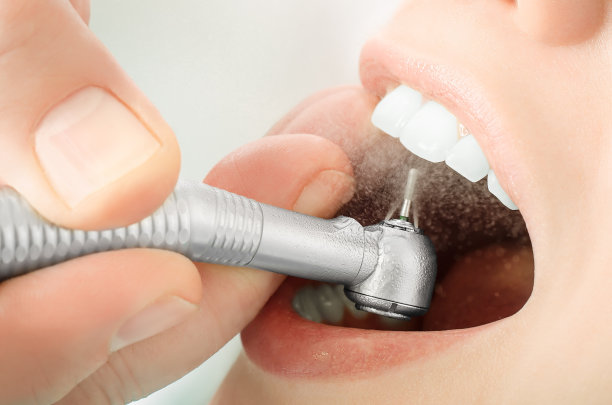The Benefits and Innovations of Dental Implants for Restoring Smiles and Enhancing Oral Health in Modern Dentistry
Summary: Dental implants have revolutionized the field of modern dentistry, presenting numerous benefits for patients seeking to restore their smiles and enhance their oral health. This article delves into four key areas of dental implant innovation, focusing on improved functionality, aesthetic benefits, long-term health advantages, and advancements in technology. Each aspect highlights how dental implants not only restore lost teeth but also contribute to the overall well-being of individuals. This comprehensive analysis will shed light on why dental implants are not just a cosmetic solution but a critical aspect of maintaining oral health.
1. Enhanced Functionality and Comfort

One of the primary benefits of dental implants is their ability to restore functionality. Unlike traditional dentures, which can be uncomfortable and unstable, implants fuse with the jawbone, providing a solid foundation for a replacement tooth. This integration allows patients to eat, speak, and smile with confidence, similar to their natural teeth.
Moreover, dental implants eliminate the discomfort and embarrassing moments associated with slipping dentures. Patients can enjoy a wide variety of foods without worrying about their prosthetic teeth shifting in their mouth. The confidence gained from knowing that one’s smile is secure and functional significantly enhances the quality of life.
Furthermore, because implants preserve the underlying jawbone by preventing bone loss, they contribute to the long-term stability of oral structures. Good functionality leads to improved oral hygiene, as patients can maintain better dental care practices without the complications that come with removable dentures.
2. Aesthetic and Confidence Boost
Aesthetically, dental implants closely mimic the appearance of natural teeth. Crafted from high-quality materials, implants not only match the color of existing teeth but also mimic their shape and size. This realism boosts a patient’s confidence when interacting socially, eliminating any concerns about visible gaps or ill-fitting dentures.
The psychological impact of a restored smile cannot be understated. Patients who have lost teeth often experience lowered self-esteem and a reluctance to engage in social situations. With the successful placement of dental implants, individuals report feeling happier and more self-assured, enhancing their overall mental health.
Moreover, the presence of dental implants contributes positively to facial aesthetics. By preventing facial sagging that occurs with tooth loss, implants help maintain the jaws natural contour, resulting in a more youthful appearance.
3. Long-term Oral Health Advantages
Dental implants provide significant long-term health benefits beyond their cosmetic and functional advantages. Traditional tooth replacements, such as bridges, can involve grinding down adjacent teeth, which can compromise their health. In contrast, implants do not affect neighboring teeth and instead help maintain the integrity of the surrounding dental structure.
Additionally, dental implants stimulate the jawbone, which is essential for preventing bone resorption – a common consequence of tooth loss. Retaining bone density is crucial for overall oral health, as it supports surrounding teeth and prevents further dental complications.
The durability of dental implants is another aspect of their health benefits. With proper care, implants can last a lifetime, making them a cost-effective solution compared to alternatives that may require replacement or repairs over time. This longevity underscores their role as not just a dental solution but a long-term investment in health.
4. Innovations in Implant Technology
The field of dental implants has seen remarkable technological advancements that enhance their effectiveness and safety. Innovations such as 3D imaging and computer-guided implant placement allow for highly accurate surgeries and tailored treatment plans, reducing recovery time and improving surgical outcomes.
Moreover, the introduction of biocompatible materials in implant construction has significantly increased the success rates of procedures. Advanced materials promote faster healing and better integration with the jawbone, leading to improved patient satisfaction.
Finally, the development of mini dental implants provides an alternative for patients who may not have sufficient bone density for traditional implants. These smaller implants can be placed with less invasive procedures, making them accessible to a broader demographic. This innovation showcases the evolving nature of dental technology and its commitment to enhancing patient care.
Summary:
In summary, dental implants have transformed modern dentistry through their myriad benefits, including enhanced functionality, aesthetic improvements, long-term health advantages, and cutting-edge technological innovations. As these implants continue to evolve, they offer patients not only the chance to regain their smiles but also to invest in their overall well-being.
This article is compiled by Vickong Dental and the content is for reference only.


